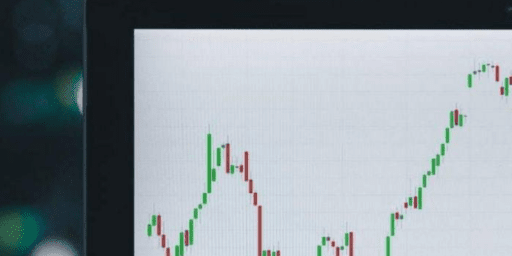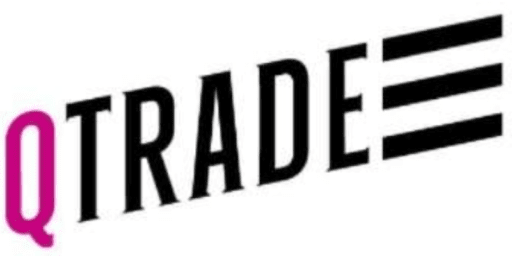Best Emerging Market ETFs to Buy in Canada 2025
I have to admit that due to my focus on Canadian dividend stocks, I am guilty of having a bit of an overall home country bias in my portfolio. I’m fine with that, as I really like Canada’s current valuations and long-term prospects.
That said, when I want quick diversification, I tend to look for an all in one ETF. If you want a little more control over the individual dials of your portfolio exposure, looking at the best emerging market ETFs available to Canadians might be the ticket.
The good news is that the MERs on Canada’s best emerging market ETFs have really come down dramatically in recent years. The bad news is that emerging markets are still very volatile. Just look at what happened to Russia’s stock market for a quick reminder on how fast an emerging market can be completely erased under the worst case scenario.
Top 3 Canadian Emerging Markets ETFs Compared
| ETF | Ticker | Management Expense Ratio (MER) | Number of Holdings (Companies) | Assets Under Management | Trailing Dividend Yield |
| IShares Core MSCI Emerging Markets IMI Index ETF | XEC | .26% | 2,694 | $1.02B | 3.24% |
| Vanguard FTSE Emerging Markets All Cap Index ETF | VEE | .24% | 5,446 | $1.5B | 2.42% |
| BMO MSCI Emerging Markets Index ETF | ZEM | .27% | 808 | $1.23B | 2.84% |
1) Vanguard FTSE Emerging Markets All Cap Index ETF (VEE)
When investing in emerging markets, I first look at the same criteria that I look for any other ETF:
i) Lowest fees
ii) Broadest exposure
The Vanguard FTSE Emerging Markets All Cap Index ETF leads the pack in both of these categories. While all three emerging markets ETFs on this list have similar MERs, Vanguard wins by a hair, and gives instant portfolio exposure to over 5,400 companies. That’s more than double the iShares runner up.
It is also the largest of the funds, with over $1.5 billion in Assets Under Management.
As with any emerging market ETF, there is a solid helping of Chinese, Taiwanese, and Indian companies. The technology and financial sectors make up almost half of the total holdings.

2) IShares Core MSCI Emerging Markets IMI Index ETF (XEC)
Next on the list is the emerging markets ETF from iShares. It has low fees and broad exposure (although not to the same degree as the Vanguard option).
Where it differentiates itself a bit is that it has a fairly large percentage (around 13%) of its holdings from South Korea, with Samsung being the third largest company share of the portfolio. This is due to the fact that XEC is actually just a “Canadian Shell” that owns shares of the iShares Core MSCI Emerging Markets ETF (IEMG) based out of the USA.
It has a slightly higher dividend due to the geographical differences, but I still prefer the lower fee and broadest possible exposure that Vanguard brings to the table.

3) BMO MSCI Emerging Markets Index ETF
There’s nothing inherently wrong with the BMO MSCI Emerging Markets Index ETF, it’s just not quite as cheap, or as “far reaching” as the two Canadian emerging market ETFs ahead of it on this list.
Its holdings include some direct shares and then also some other US-based emerging markets ETFs.

Emerging Markets ETF Frequently Asked Questions
Should I Invest In Emerging Markets?
If you ask me, “Should I have invested in emerging markets 15 years ago?” then I could give you an answer.
Going forward… not so much.
Investing crystal balls only work in reverse!
There are basically two broad schools of thought when it comes to deciding on whether or not to invest in emerging markets going forward.
The first revolves around the idea that most of the economic growth in the world over the next few decades is quite likely to come from emerging markets. Places like Nigeria, India, and Brazil could see potentially explosive growth as their populations grow, become better educated, earn more, and spend more. Adding more diversification to a portfolio is generally seen as the last “free lunch” in investing today.
The other side of the debate essentially says that economic growth is not the same as a thriving stock market. For example, when you look at many large American companies, a large portion of their sales occur in emerging markets.
So while these emerging economies might be consuming more goods and services, they might not be the goods and services produced by their home country-based companies. Add to the fact that political instability, and in some cases massive corruption, are everyday issues, it can be argued that direct ownership of equities in emerging markets is not a good idea.
Certainly, recent Russian investors would be quick to support the second view!
When trying to determine the best emerging market ETF in Canada, the main thing to understand is that the specific ETF is probably not nearly as relevant as the decision of how much of your portfolio you want invested in those emerging economies. My favourite all in one ETF has about 7.5% exposure, and that seems about right to me when it comes to investing in emerging markets.









